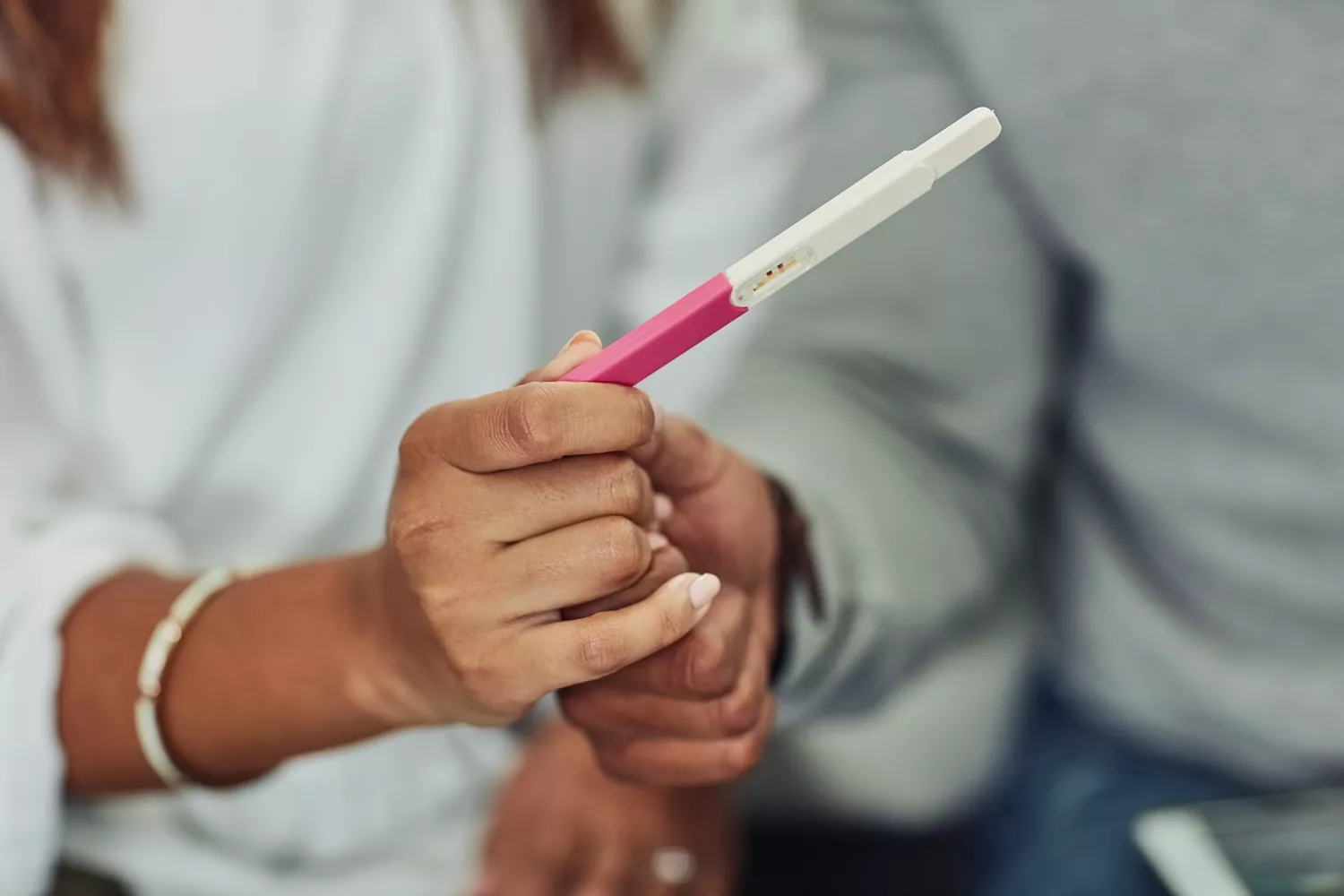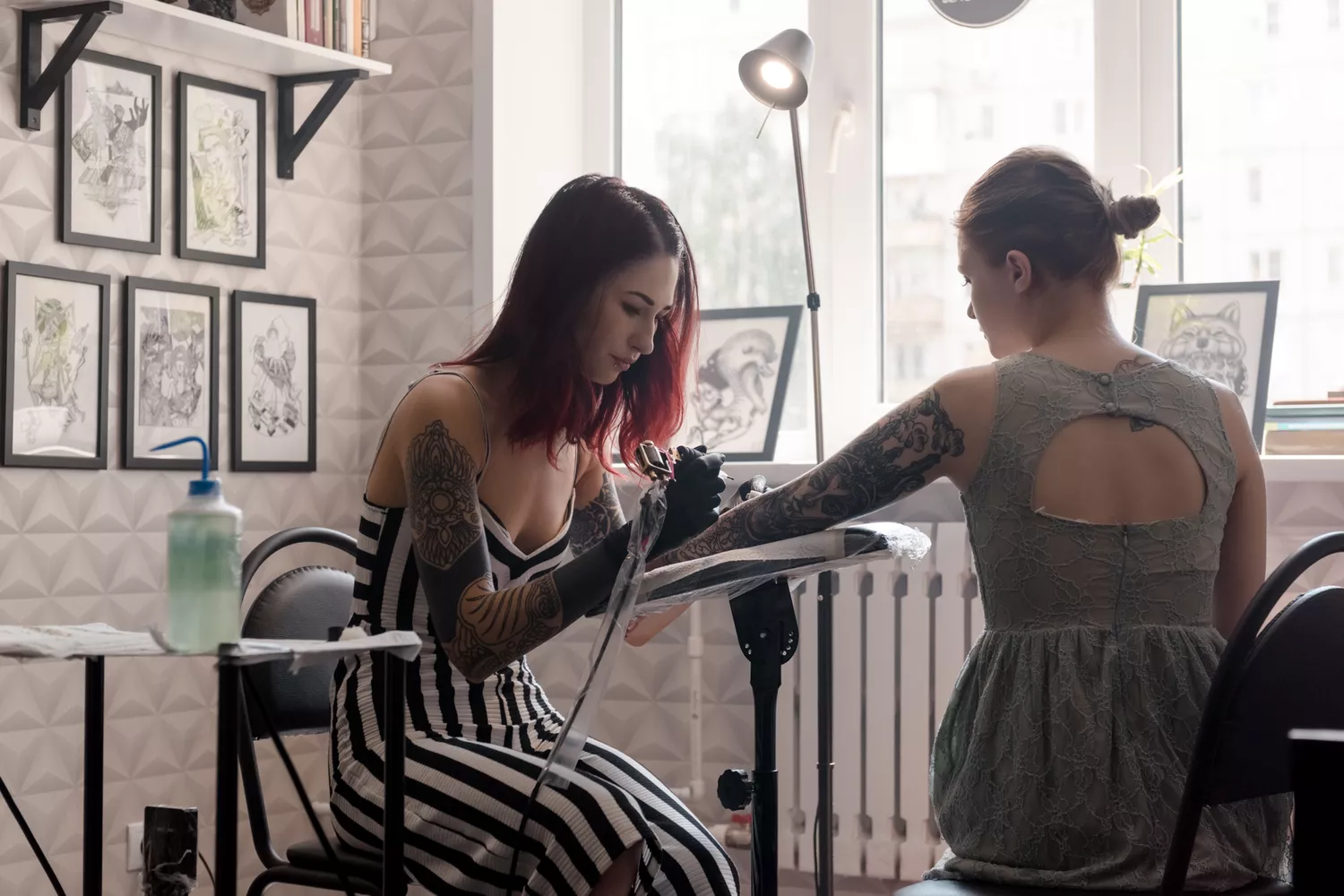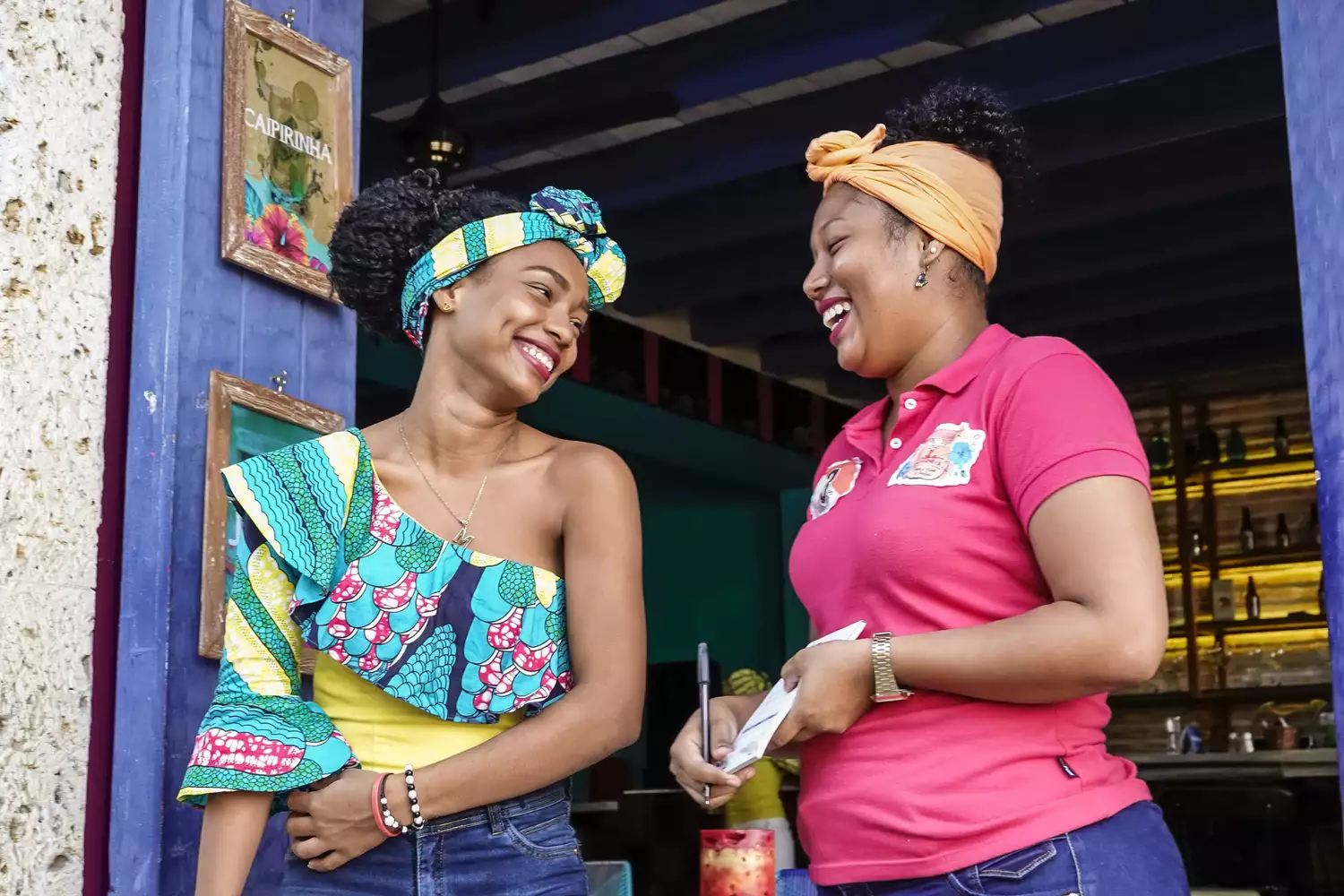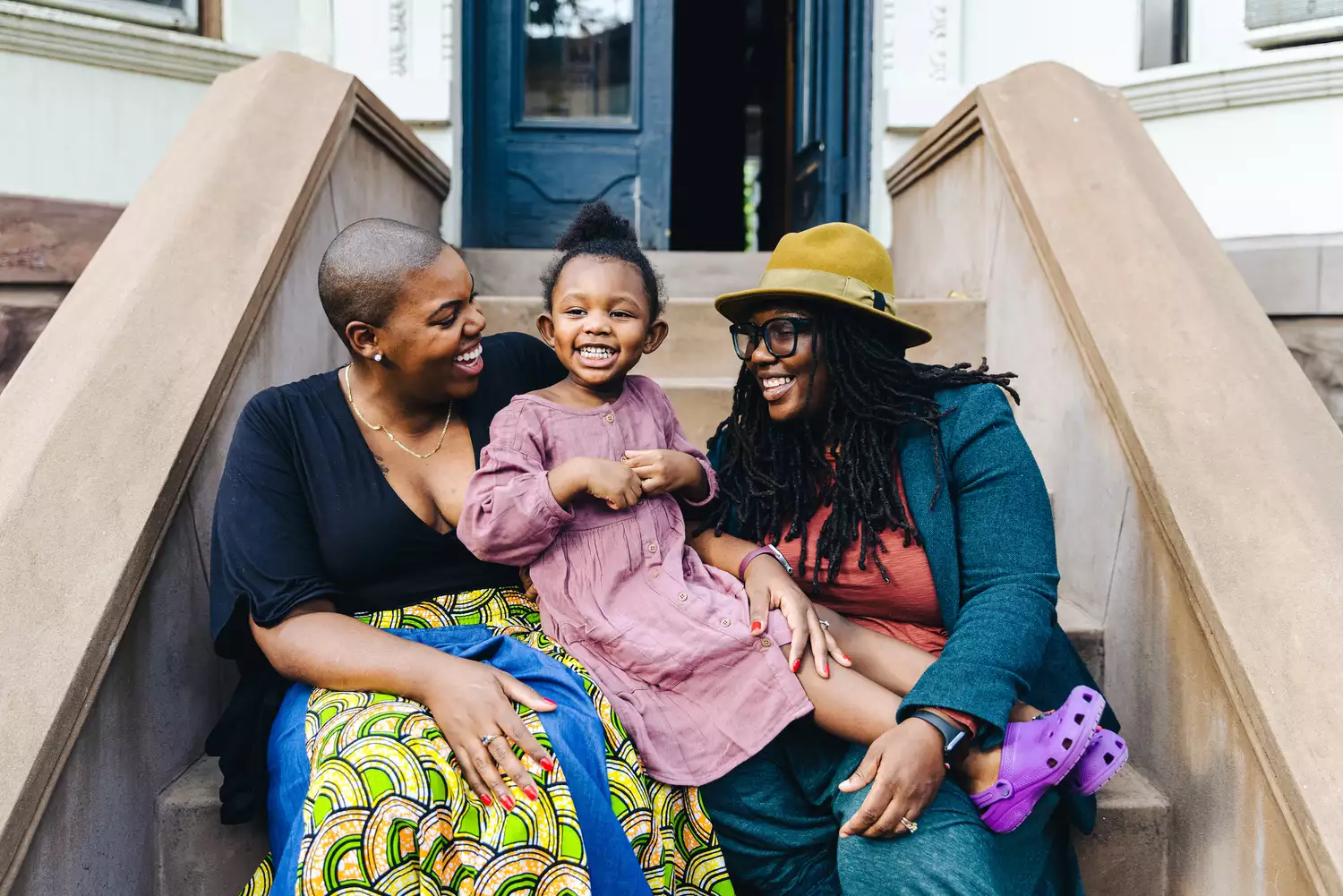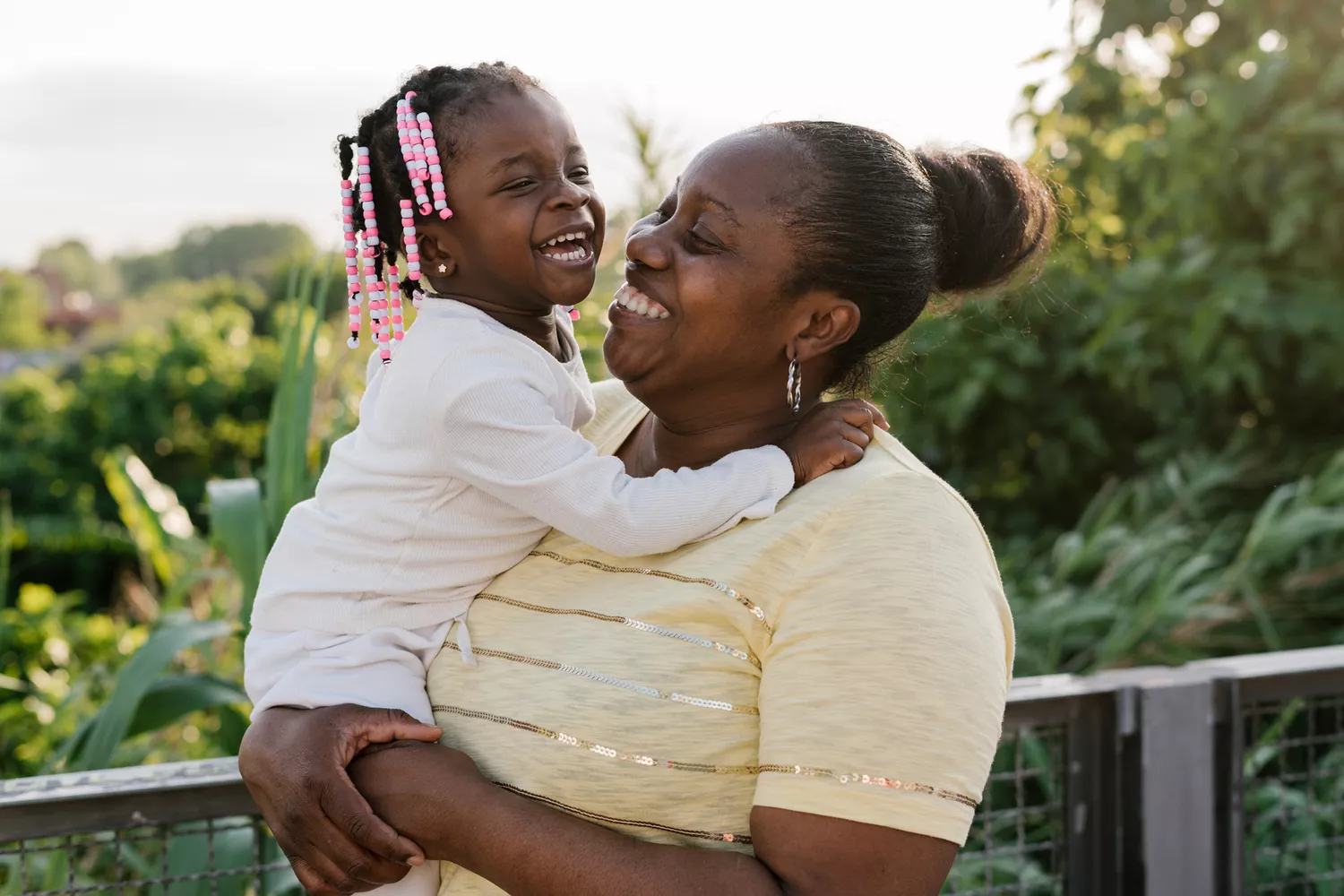Black Mothers Are Natural Community Leaders
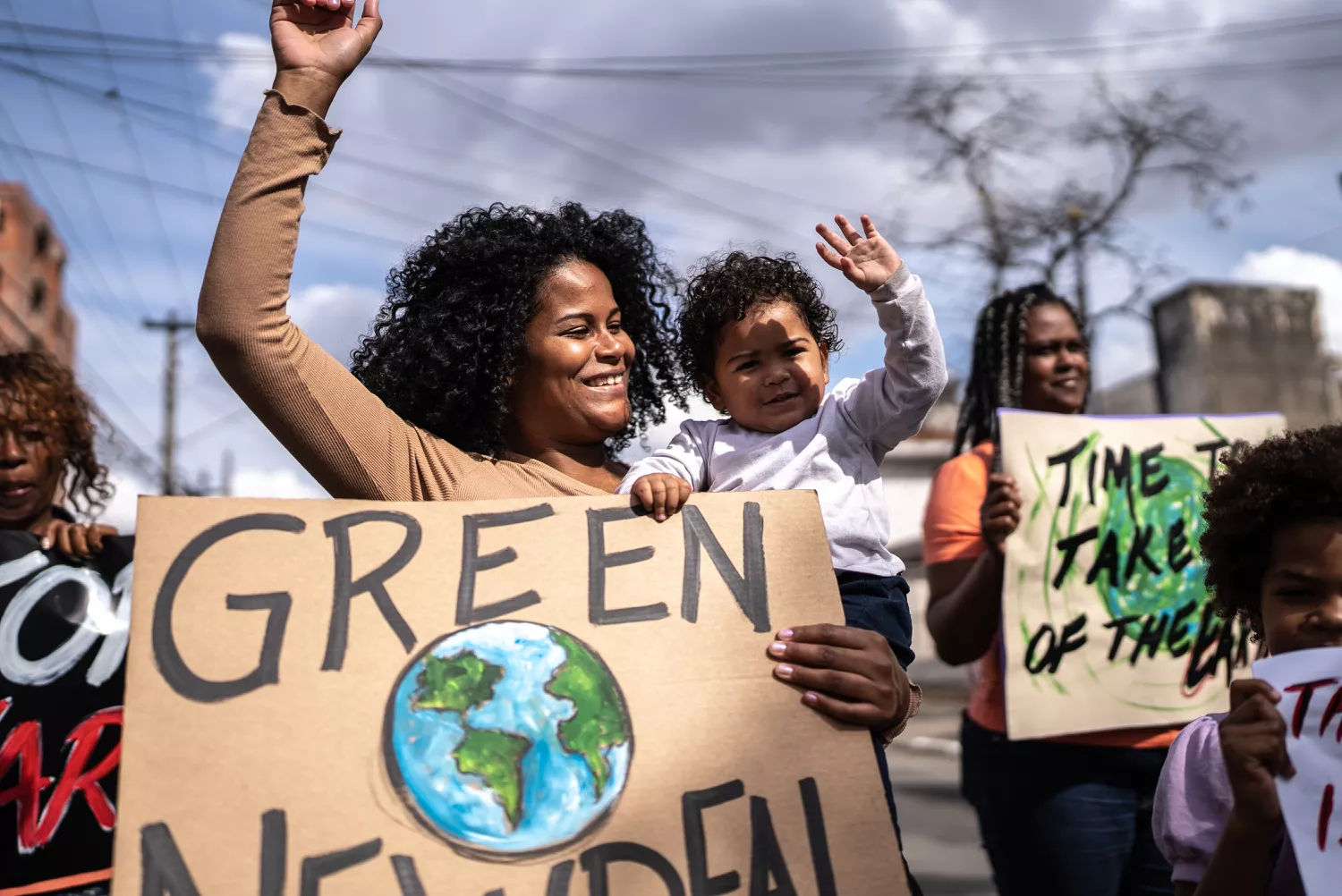

1,500 acres. It may not look like a vast kingdom, but my grandmother owned it, and this was her home.
My grandmother was a community leader for over sixty years in Park Heights in Baltimore City. She was not just a resident , but also the matriarch of one of the few Black Families in the community. She advocated on behalf of her six children and husband to the city council for Park Heights. She organized events where everyone was welcome to foster inclusion and belonging for minority residents. My grandmother believed that a kingdom should be magnificent, so she worked to maintain Park Heights’ amenities as well as its overall charm.
I was not alive when my grandmother served as a community leader, but I wondered why she had been trusted to lead a majority of white and Jewish communities in one America’s most notoriously racially charged cities.
After visiting the Smithsonian Museum of African American History and Culture I asked myself the same question. I had learned that Black midwives in rural and remote areas of the South delivered babies for white women after Emancipation. How could those women–often Black mothers themselves–confidently and capably lead White families through childbirth?
We rarely make it to the top of the corporate ladder. Black women make up less than 5% in C-suite roles, and only two Black mothers hold the title of CEO at Fortune 500 companies. How do these two Black moms succeed in corporate America, I wonder? Are they afraid to speak the truth, even when it’s not popular?
I am also proud to be a witness to a Black woman stepmother serving as the Vice President of the United States. I find the number of Black women who are in leadership positions in government to be far too low.
All these women’s experiences, including my grandmother’s, led me to the same conclusion. Community leadership is not a title Black moms asked for. This is a title that has been bestowed on us. It is our right as a human being, our place in the universe.
We are often overlooked as hidden influencers. Our leadership titles may be few, but we have a lot of power. Black mothers often lead by example, whether it’s through midwifery or social media innovation, or even as advocates for public policy. They guide, direct, and organize others to transformal change.
The role is both a title and a calling for Black mothers. This is due to the way society operates. One example is a Black wife and mother from Alabama whom I admire. She didn’t fear controversy, whether she was singing or speaking. She believed that controversy fueled change. She believed that women were “the backbone” of the most important social movement in American history. She was the one who was credited with laying the foundation for her husband’s transformational platform, even though he was influential and impactful in his own rights. She was so committed to his passion and mission that she led her community in his absence.
What is the name of this natural leader? Coretta Scott-King.
She even admitted that her title was given to her by Montgomery Bus Boycott. “I realized that we were thrust at the forefront of an international movement to liberate oppressed persons, not just in Montgomery, but throughout the country. This movement had global implications.” I felt blessed that I was asked to be a member of this noble and historic cause.”
Our ability to care for others, even if we are not respected all the time, is unwavering. Black mothers develop alternative plans and solutions when our government and our hospitals fail us. Grassroots Gurus. No one would dispute that our history of organizing and guiding the communities was as prominent as it was during the election and campaign of the nation’s first Black president.
When I was a young mother, it wasn’t until then that I understood why so many Black women chose to carry the burden of their position. In 2015, my son was only two months old at the time of the Baltimore riots. As I watched my city erupt in protest against police brutality and racism, I struggled to accept or ignore my calling. I could sit in rage and disgust praying that the world will be better when my son is older. Or I could help other Black mothers understand how to advocate and change public policies for their families. I could change the way my community acts and thinks, making it a better place.
I chose to do the latter. No matter how big my kingdom, or if it’s the whole world, I am a natural leader. Like my grandmother before me. I became a change agent after becoming a mother. I am a change agent because I help others and encourage them.
It is possible to learn how to lead. But something feels different. It feels like this is what I should be doing as a Black mom.


